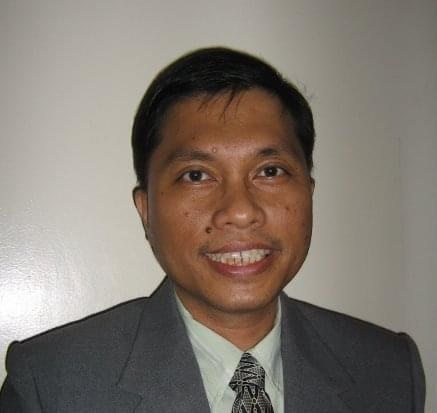OBLIQUE OBSERVATIONS
By Atty. Gilberto Lauengco, J.D.
The Philippine war on plastic - Part 1
Share
"There’s gold in them thar hills.” – Mark Twain
This year, the theme for the Earth Day Celebration is “Planet vs. Plastics”. All over the world, the goal of every Earth Day celebration is to spread awareness on the “indestructibility of plastics and the hazards they pose to public health.” During the Philippine Earth Day celebration last week, Department of Environment and Natural Resources (DENR) Secretary Maria Antonia Yulo-Loyzaga stated that the Philippines produces about 2.7 million tons of plastic waste every year. Secretary Yulo-Loyzaga added that “Daily, Filipinos consume plastics in the fish caught in Philippine waters, through substandard water bottles, in the very air we breathe.” Many international studies put the Philippines as a top contributor to the plastic pollution problem especially in terms of ocean plastic waste. Of the plastic waste produced in the country, 35 percent is leaked into the open environment, 33 percent is sent to landfills and only 9 percent is recycled.
Plastic pollution is a global crisis but here in the Philippines, it is an urgent problem that needs immediate actions and solutions. Many of our coastal areas, rivers and most especially mangroves (their extensive root systems become debris traps) are already critically contaminated. In some areas, we literally have mounds or hills of plastic waste.
In July 2022, a critical piece of legislation for plastic waste reduction was passed. The Extended Producer Responsibility (EPR) which amended a much earlier law advanced the legal framework to combat plastic pollution in the Philippines. The law essentially drafts all businesses with assets worth over PHP100 million for the war on plastic waste by holding them accountable for the plastic packaging they produce throughout the lifecycle for their products. Covered companies are mandated to introduce plastic recovery schemes such as buying back plastic materials from customers, establish a recycling system, ensure plastic waste is transported to the proper processing or disposal site, carry out cleanups, and form partnerships with local governments, communities and the informal waste sector.
Prior to the enactment of the laws, the burden of implementing plastic waste reduction programs rested solely on local governments. Now, businesses that contribute to plastic waste are mandated to pursue their EPR programs and are subject to fines and penalties if they fail the EPR audit of the DENR. Big businesses need not do their respective EPR programs on their own. There are some businesses now being established that specifically focus on recycling plastic to produce traffic pylons, barriers, school chairs, generic chairs and various other products. Partnership with these businesses can jumpstart this industry with potential markets opening abroad with corporations from other countries also looking into plastic protocol credits.
Even with the participation of big business in the war on plastic, it must be noted that commercial and industrial waste only contribute less than 40 percent of waste while it is the residential sources that contribute a larger percent. As such, any efforts to reduce plastic waste must also include efforts from the general populace. Unfortunately, many foreigners observe that left on our own, Filipinos would throw plastic trash left and right. Other than regulation, perhaps we can add programs that would incentivize and motivate Filipinos to participate in recycling programs. There is a new initiative funded by international organizations where you have electronic reverse vending machines that can accept plastic bottles and dispense points or credits that could be monetized later on. Community partnership with recycling companies with proper incentives for participants can also be a thing going forward.
Clearly, Filipinos in general must realize that there is money to be had in plastic. Perhaps we can adapt Mark Twain’s famous line and say “there’s gold in them thar hills of plastic."
This is my oblique observation.
Editor’s note: The opinions expressed in the foregoing article are solely the author’s and do not reflect the opinions and beliefs of the Philippine News Agency (PNA) or any other office under the Presidential Communications Office.
Comments
About the Columnist

ATTY. GILBERTO LAUENGCO, J.D. is a lawyer, educator, political strategist, government consultant, Lego enthusiast, and the director of CAER Think Tank. He is a Former Vice Chairman of MECO, Special Assistant of NFA and City Administrator among others. His broad experience has molded his unique approach to issues analysis which he calls the oblique observation.
